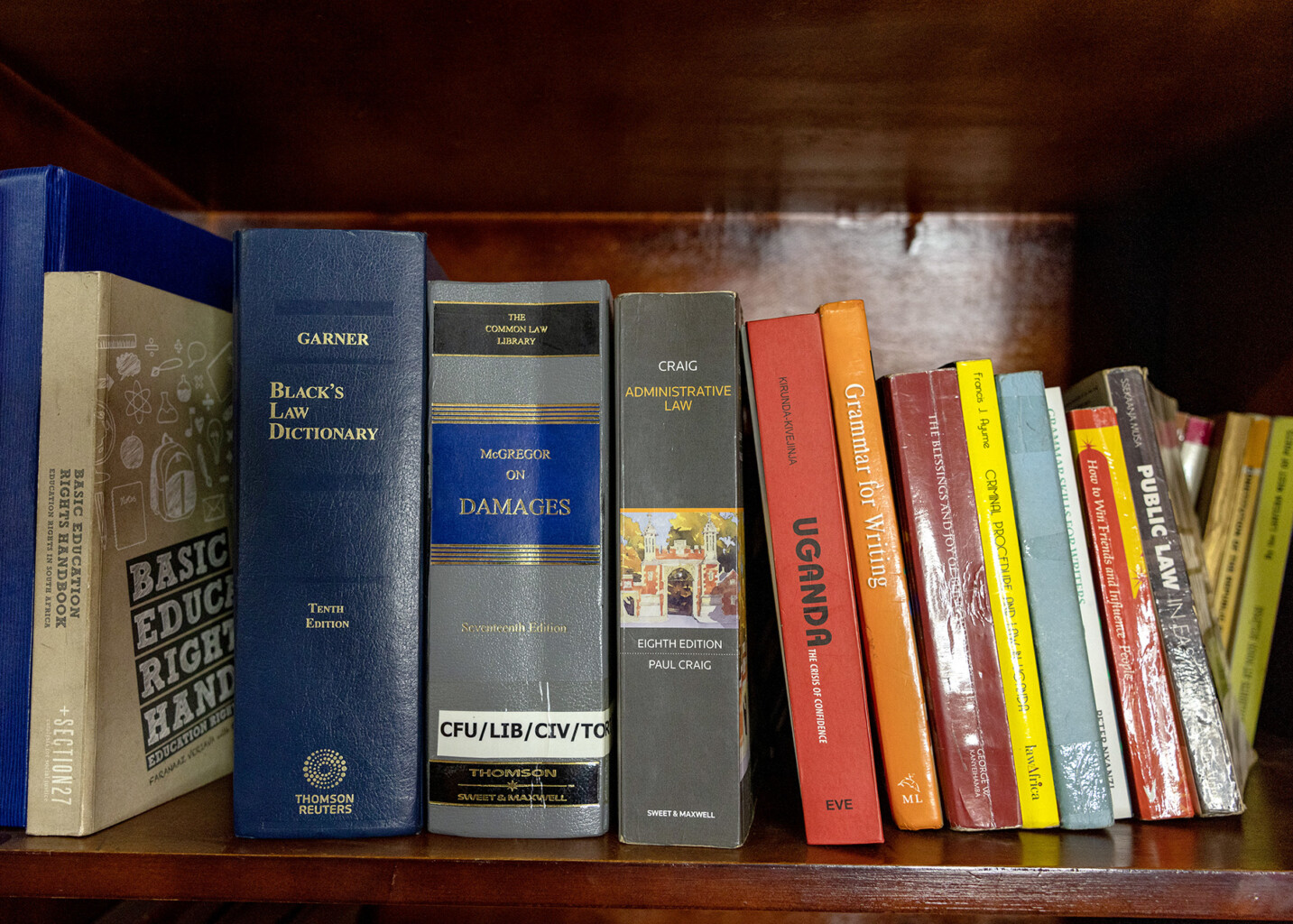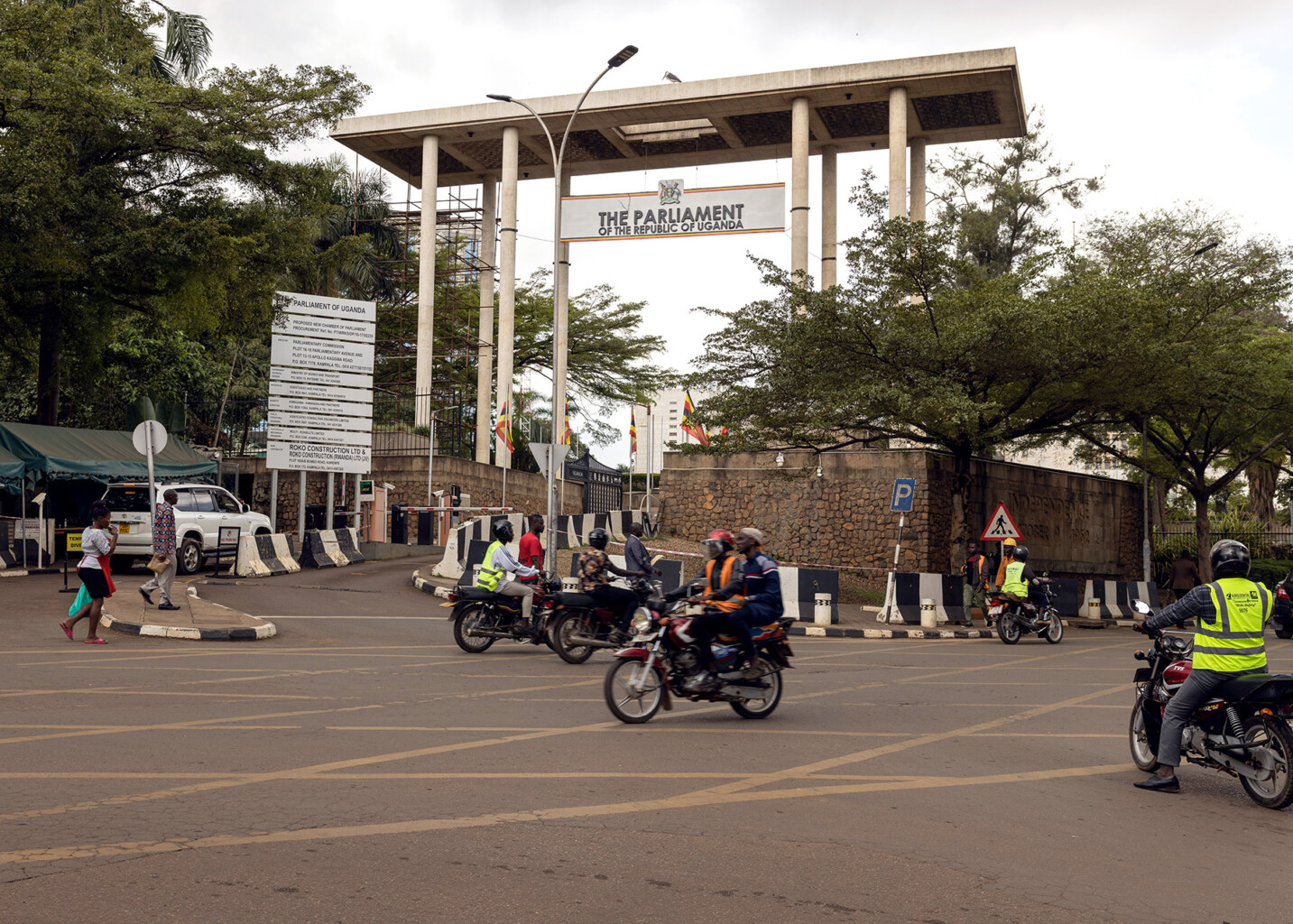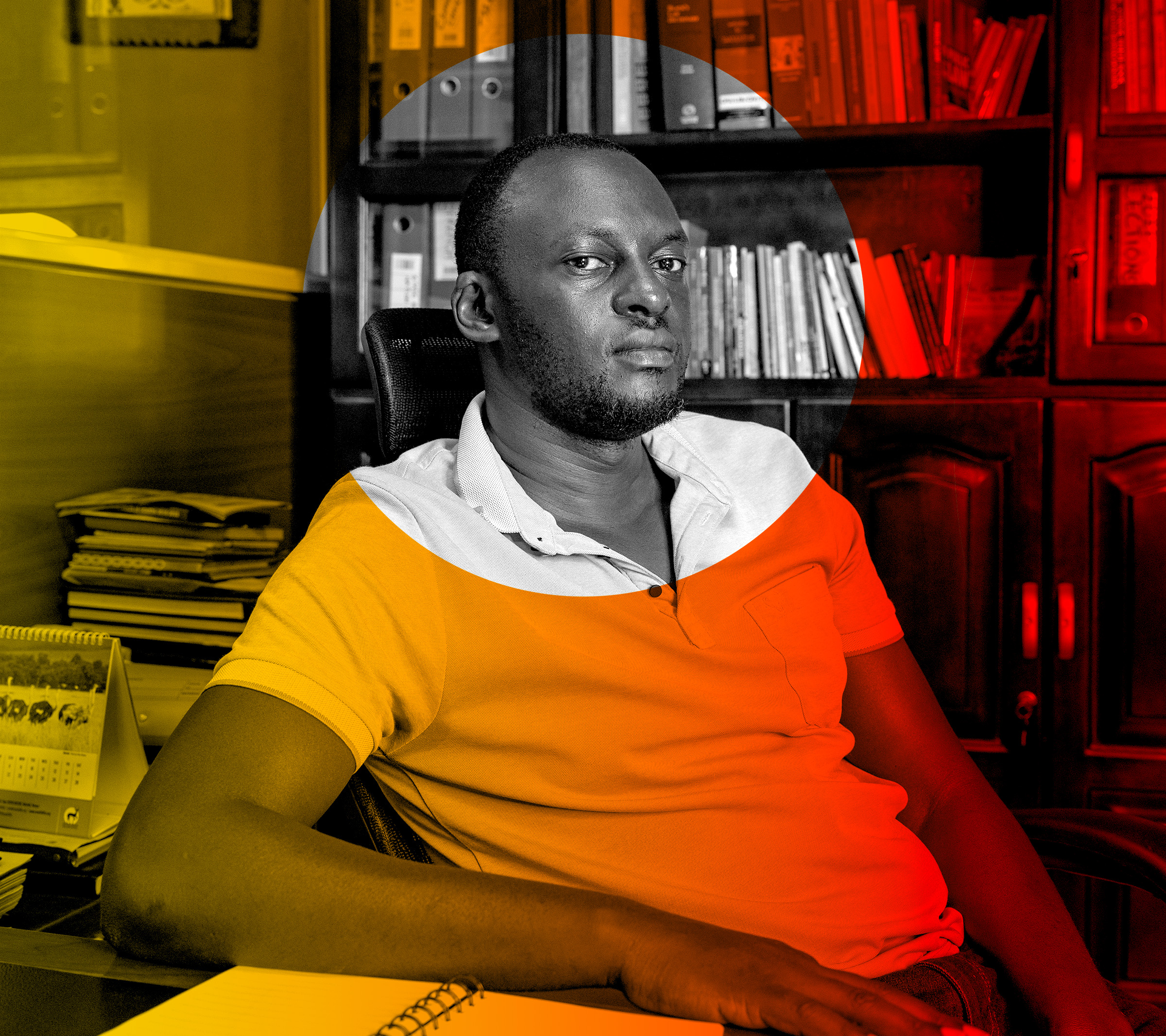Sign up for The Media Today, CJR’s daily newsletter.
On a typical morning, Eron Kiiza, a human rights lawyer who represents journalists in Kampala, reads the Daily Monitor, Uganda’s leading independent newspaper, and New Vision, which is state-owned. Both, he told me, are important sources of information. But to find out what’s really going on, to follow the debates too controversial for print, Kiiza scrolls through social media, starting with Twitter. Despite the country’s sense of itself as a place with a vibrant, free press, Uganda is ranked near the bottom of the Reporters Without Borders (RSF) World Press Freedom Index; many of its newsrooms are controlled by the government or by private individuals with close connections to the First Family; not long ago, Yoweri Museveni, Uganda’s longtime president, threatened to bankrupt the Daily Monitor over critical coverage. Twitter is where Muhoozi Kainerugaba—Museveni’s eldest son, known simply as Muhoozi—boasted that he could capture the Kenyan capital in a matter of weeks; called the M23 rebels terrorizing eastern Congo “our brothers”; and offered a hundred cows to marry Giorgia Meloni, Italy’s prime minister. Twitter is also where, last June, Agather Atuhaire, a Ugandan investigative reporter, chose to share a major scoop about politicians using taxpayer dollars to buy luxury cars. “I can’t spend a day without doing social media,” Kiiza told me.
We’d met up at the garden restaurant of the lavish Kampala Serena Hotel, where sodas on the menu cost twice what they do at shops around the corner. Two ladies in jewel-tone dresses gossiped nearby; men in business suits laughed. A canopy of trees provided relief from the scorching heat; the thrum of rush hour traffic filtered in from outside. Kiiza, who is thirty-nine, with close-cropped hair, had suggested this as a spot where we wouldn’t be overheard; he places a premium on protecting speech. An energetic crusader for digital rights, Kiiza is part of a yearslong petition challenging the Computer Misuse Act, which regulates online content, and he is the go-to guy for reporters facing pushback from authorities over their work. While Muhoozi and his ilk post on Twitter with apparent freedom, members of the press face intimidation and violence “on a nearly daily basis,” as RSF has observed; after Atuhaire shared her investigation, she went into hiding and still faced online harassment from accounts that she suspected were sponsored by the government.
Defending journalists and aiming to hold officials accountable has saddled Kiiza with a reputation as an opposition lawyer. “It is not exactly a fashionable label in a military dictatorship,” he said. The work also requires stamina. Kiiza has been battling the Computer Misuse Act since 2018, arguing that it violates the freedom of expression enshrined in Uganda’s constitution, in addition to international human rights laws. There have been countless documents to file and hearings to attend. “It takes years, and it can be so, so stressful,” he said. In the meantime, for members of the media, “it keeps getting worse.” After Atuhaire’s reporting came out, Ugandans erupted in a fury on Twitter and, before long, politicians signed into law a controversial amendment to the Computer Misuse Act, forbidding internet users from sharing information deemed “malicious” or “unsolicited.” Offenders would face as many as ten years in jail and fines of up to $3,900.

The Serena Hotel placed us a stone’s throw from parliament. “Social media was the next frontier, which they felt they didn’t control enough,” Kiiza said. Facebook has been banned in Uganda since the country’s most recent elections, in 2021, though people still access it through virtual private networks, or VPNs, and Twitter remains popular. Better, officials figured, to enact an amendment granting themselves discretion to crack down on internet speech as they like. Kiiza and other digital-freedom advocates quickly raised the alarm about the new amendment’s vague language. “Its ambitious and repressive nature means that journalists cannot tell when they run afoul of it,” he told me.
Kiiza has come to know how vigorously Uganda’s anti-press and internet regulations can be enforced. In a notable recent case, he provided legal counsel to Norman Tumuhimbise—the founder of an online media organization called Alternative Digitalk, which hosts writers and political activists barred from mainstream television stations. Tumuhimbise is also the author of a book critical of the Museveni family, which he’d promoted on the show. “Any alternative form of expression is potentially under threat,” Kiiza said. “It takes just one program, one interview, to really get you into trouble.”
One afternoon last March, security operatives jumped the gate of Alternative Digitalk’s office, on the outskirts of Kampala, and forced the staff to stand silently at a reception desk for hours while they stripped the studio of equipment: laptops, hard drives, cameras. Tumuhimbise and eight employees were loaded into cars and taken to the police’s Special Investigations Division, in Kireka. By the time they arrived, it was dark. The men and women were separated. Then, over the next six days, they were ferried between police custody and the nearby headquarters of the Chieftaincy of Military Intelligence—a branch of the army—where they describe having been subjected to repeated interrogations. Tumuhimbise has attested to having been slapped; another journalist, Rogers Tulyahabwe, said he was forced to stand on his hands with his feet against a wall while he was beaten with a pipe.
Finally, seven of the arrested journalists were released. Tumuhimbise and Faridah Bikobere, a host of Alternative Digitalk, were charged with crimes under the Computer Misuse Act, including “offensive communication” and “cyberstalking” the president. For months, they had to attend court hearings; their trial was repeatedly adjourned when government representatives failed to show up. The goal, Kiiza told me, was not a conviction per se, but to wear down voices critical of Museveni’s leadership. “It is onerous, it is expensive, it is inconvenient, it is stressful, it is fatiguing,” he said. It also discourages other dissenters: “They are focusing on scaring you or the people who are watching you.”

In January, Kiiza’s efforts in the constitutional court were partially victorious, when judges at last agreed to overturn a section of the Computer Misuse Act on “offensive communication.” The same month, the charges against Tumuhimbise and Bikobere were dropped. The success, however, was not so sweet. Kiiza was still waiting to hear judgment on a suit challenging the section of the law on “cyberstalking”; in late March, the court ruled to maintain it. And he had yet to receive a hearing date for a petition attempting to throw out the Computer Misuse Act in its entirety, including the newest amendment.
Uganda’s next presidential election is three years away, and Kiiza predicts that Museveni’s government will seek to multiply the legal weapons at its disposal against free speech. Memories of past election violence are fresh: last time around, more than a hundred supporters of Bobi Wine, the pop star turned opposition leader, were arrested, and Wine was frequently prevented from holding rallies. For journalists, “the campaign trail wasn’t a campaign trail,” John Cliff Wamala, a broadcast journalist, told me recently. “It was like covering a war.” He and other reporters were teargassed, beaten, and shot with rubber bullets. Wamala was also among ten journalists clubbed by members of the military police outside the office of the United Nations High Commissioner for Human Rights, where Wine had gone to deliver a petition over abuses. These types of violations are rampant, Kiiza said. “This has been the case anytime there are elections or demonstrations.”
According to Muthoki Mumo, the sub-Saharan Africa representative for the Committee to Protect Journalists, “the tools used to undermine the work of the press during the elections, and the dangerous disdain for journalism at high levels of government that enables impunity, remain in place.” And yet, even as restrictions on the press and the digital space ramp up, Muhoozi, who is vying to succeed his father, has taken to Twitter to admonish reporters. “For those journalists who abuse us…you will feel us soon,” he wrote. “We will crush you!!!” He’s since deleted the post. But his ire is a chilling reminder that internet restrictions in Uganda do not apply equally to everyone. “Those amendments—if meant to apply as law—would be a problem for Muhoozi,” Kiiza said. “If I try to behave like Muhoozi, I hope you try to do a good story about the situation, so someone can help.”
Has America ever needed a media defender more than now? Help us by joining CJR today.



